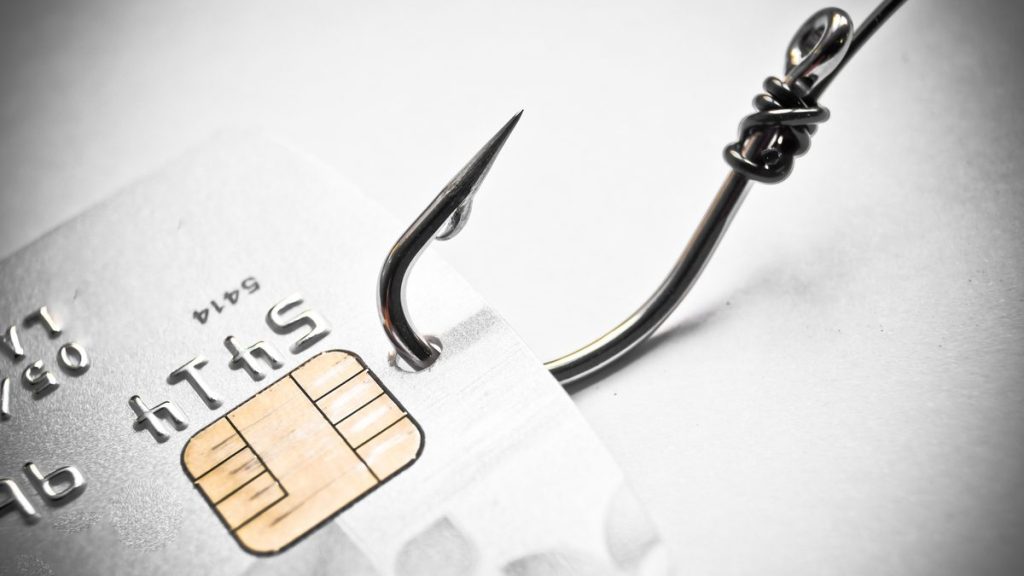There has been an ongoing race between the tactics used for fighting credit card scams and the tactics used by the scammers to commit these scams.
As credit cards are getting safer and more secure, scammers are trying to get even better. According to the Federal Trade Commission, there were more than 2.1 million fraud and identity theft victims in 2020, an increase of 26 % from the last five years and 138 % over a ten-year period.
Of these, credit card scams formed a bulk of these cases, with 40% forming identity theft. Most alarming about this situation is that these are the only reported cases to law enforcement and consumer protection agencies.
Scammers are getting innovative in the way they commit a crime. Right from using new ways to modifying an old scam, they try it all. As a result, scammers are always on the lookout for potential victims. In this article, we will share knowledge about credit card frauds so that you can take the necessary action when you spot them.
The Charity Scam
Scams like this make one wonder if it is worth trying to help the unprivileged. Yet, people with good intentions are ready to help those in distress. Be it a natural tragedy like a hurricane, flood, or wildfire, people are prepared to help. These people will forward their help through charity to help those affected. Unfortunately, many scammers take advantage of their good intentions. Scammers will usually set up their helpline number when such calamity occurs.
Impersonating as charity workers, they take advantage of people who have come to help those affected. There are times when these “charity workers” will spin a yarn about some unfortunate people who need money for medical treatment, and ask you to play your part as a savior, changing that person’s life. These “charity workers” do not let you think and request money on an urgent basis.
How to Avoid it?
When any such organization contacts you, you should write down the charity’s name and phone number and politely hang up instead of opening up your wallet. Do some research on the net and verify. The number from which scammers call is usually identified as a scam caller on your caller identification number. These numbers are also on the net if you search.
The Hotspot Scam
There is a reason someone says to be careful about your internet activity when browsing on a public Wi-Fi network, as scammers are monitoring these networks. However, at times the network itself is a trap laid carefully by credit card scammers ready to pounce on your information.
When your smartphone or laptop finds a public Wi-Fi hotspot, you are prompted to pay a fee for accessing the network as you connect to it. In reality, public hotspots are always free, offering free internet service. Unfortunately, with the information of your card and the PIN you give to “pay” for the already free services, you are giving your credit card information to the scammers.
How to Avoid it?
If you need to access public Wi-Fi like restaurants or stores, ask the employee to give you the correct network and password information. Avoid accessing your bank details or other sensitive information while browsing a public network.
The Interest Rate Scam
Millions of victims have used this well-known robocall scam. You pick up the phone to an unknown caller when you answer it, and a recorded message informs you that you may negotiate much-reduced interest rates on your credit card balances. The message boldly claims that it has insider access to credit card issuers and can negotiate on your behalf to reduce your payments by thousands of dollars. But, of course, there are no such connections; everything is just a ruse to persuade you to provide your credit card details.
You will be directed to a live operator if your interest has been aroused enough to warrant listening further. The “friendly” employee will immediately probe you with personal inquiries to gather your credit card and personal data.
The caller successfully negotiates a lower rate with your credit card company in a somewhat more genuine but expensive form of this technique. You are charged hundreds or even thousands of dollars for the service. The issue is that they aren’t providing you with more services you couldn’t obtain for free elsewhere. Your ability to negotiate a reduced interest rate with the credit card business is equal to that of a third party. Your issuer may let you move your balance to a card with a reduced APR.
How to Avoid it?
It is better to contact your credit card issuer directly if you wish to lower your credit card interest. Even if they decline, there is no shame in asking.
If you ever get an IVRS (Interactive Voice Response System) that promises to cut your interest rate, it is better not to entertain such quests and hang up the call. Avoid sharing sensitive information with unknown people. Instead, register with the “National Do Not Call Registry” to avoid receiving sales calls. With this feature, you will receive only genuine business calls, not scammers.
Conclusion:
You can avoid credit card scams if you are vigilant enough. Stop sharing your sensitive information with unknown people. If you ever get any business proposal, contact the bank directly through their official website and verify.
